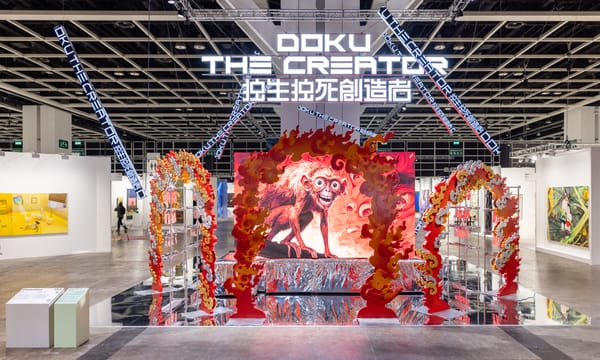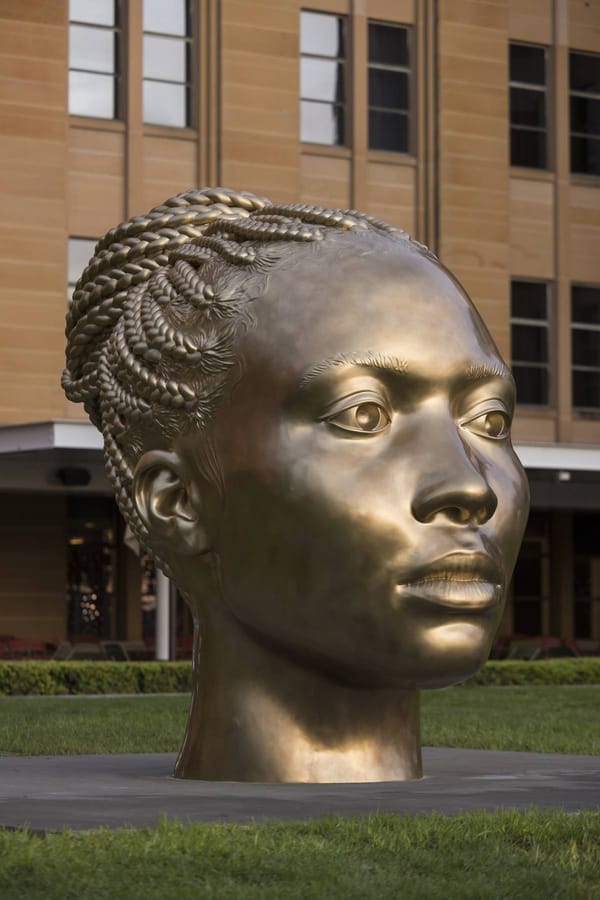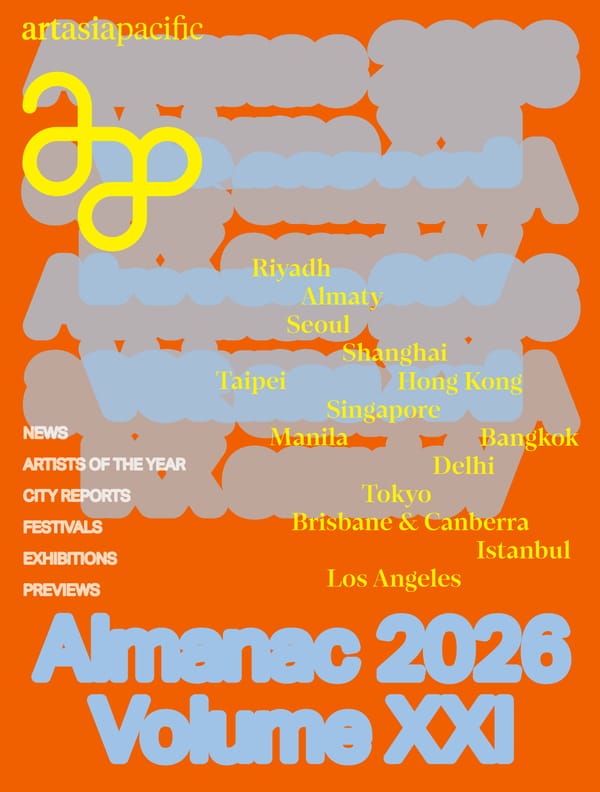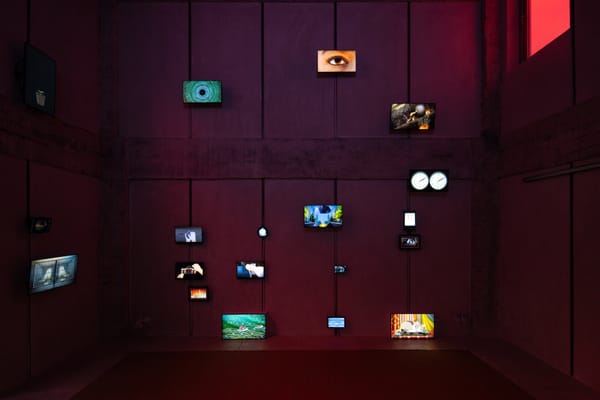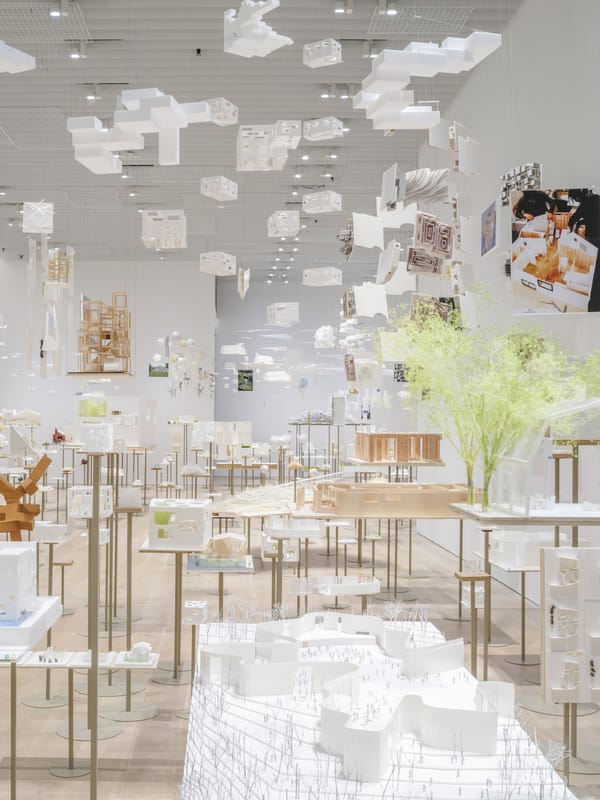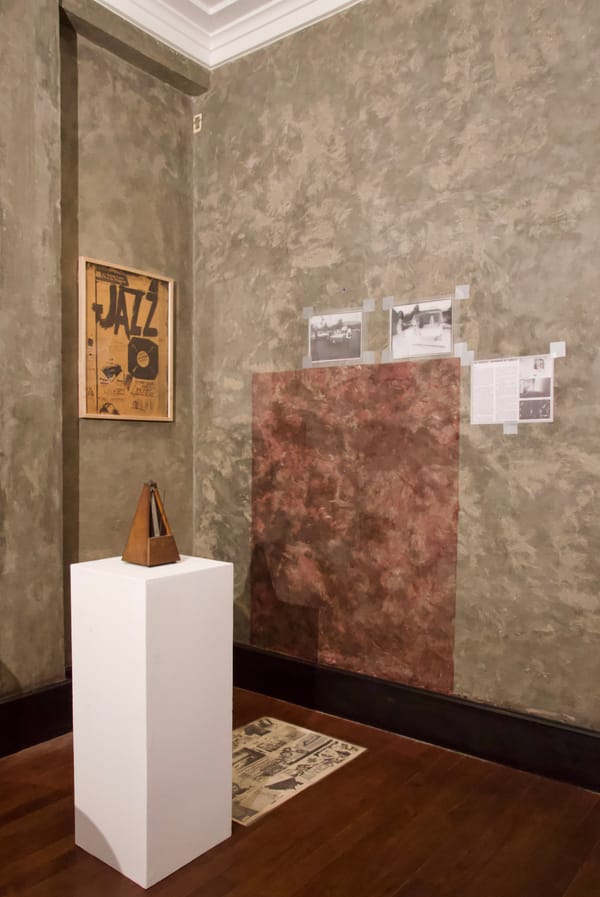Issue
Book Review: Korean Feminist Artists: Confront and Deconstruct
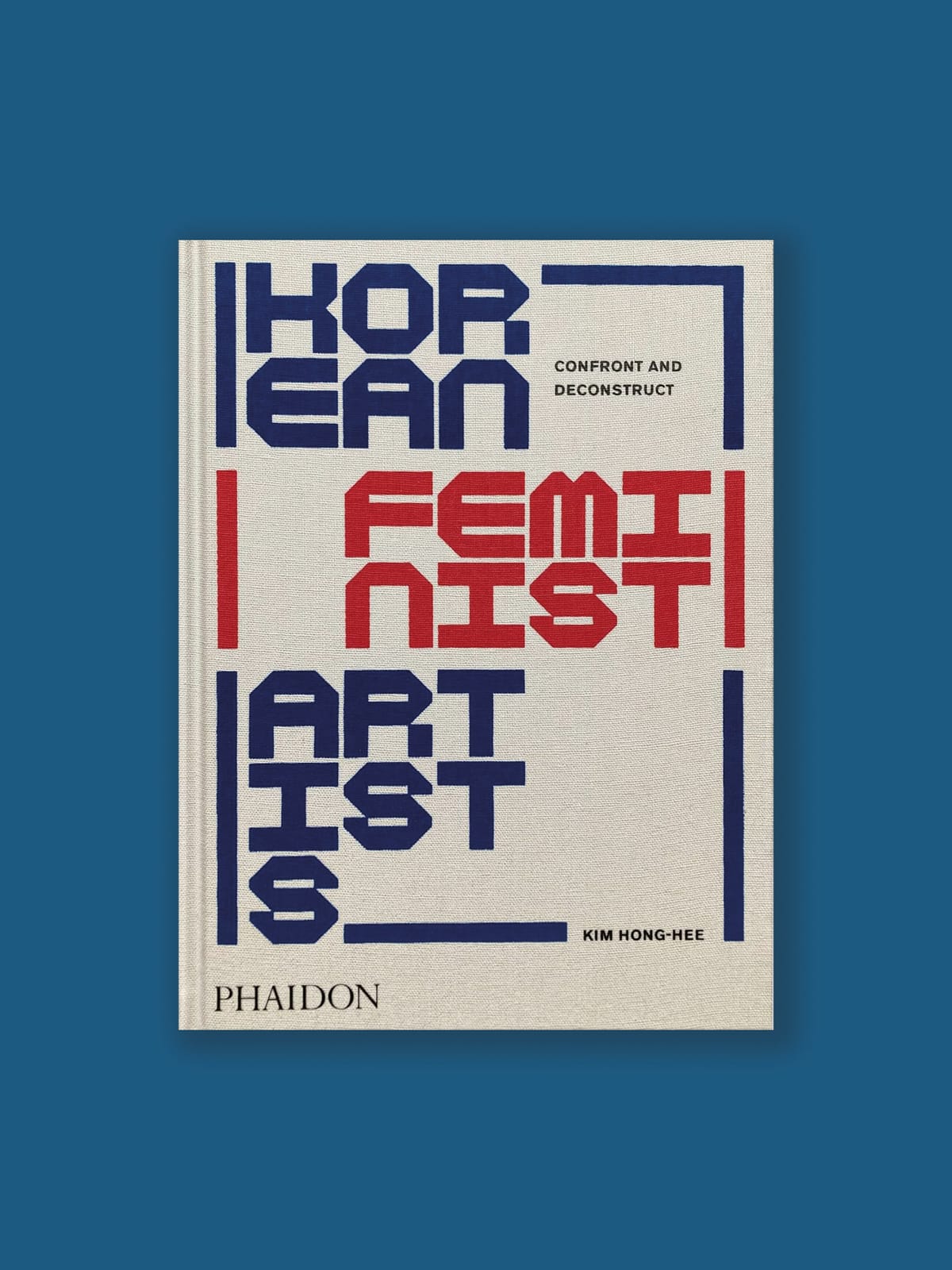
Korean Feminist Artists: Confront and Deconstruct
By Kim Hong-hee
Published by Phaidon Press
London, 2024
In socially conservative South Korea, feminism is often considered a dirty word. The country perennially ranks poorly compared to the rest of the world in terms of gender equality, fueled by neo-Confucian social codes that normalize misogyny and demonize feminist ideology. And yet, the Korean art scene is increasingly dominated by women, from Lee Bul and Haegue Yang to Ayoung Kim and Mire Lee. The same goes for the country’s museum directors, gallerists, curators, and collectors—and the Korean public is finally catching onto this inexorable shift.
It was in response to the new demographic reality of the cultural sector that the Kyunghyang Shinmun, one of the nation’s left-leaning daily newspapers, commissioned art historian and curator Kim Hong-hee to pen a series of columns about the state of contemporary Korean feminist art. These monthly columns served as the genesis for Korean Feminist Artists: Confront and Deconstruct, a generously illustrated anthology of 42 women artists that explores Korea’s “feminist polyphony, in all its diversity and expansive potential.”
The book’s release in late 2024 happened to coincide with the landmark exhibition “Connecting Bodies: Asian Women Artists” at the National Museum of Modern and Contemporary Art, Korea, which situated women creatives from the region in a transnational context and proposed the body as a vector for reclaiming agency, asserting autonomy and confronting the patriarchal proclivities of postcolonial modernity in Asia. At the same time, two group shows held concurrently at the Seoul Museum of Art contended with the history of feminist art in Korea, reinforcing a climate of reconsideration of the country’s lineage of women practitioners.
